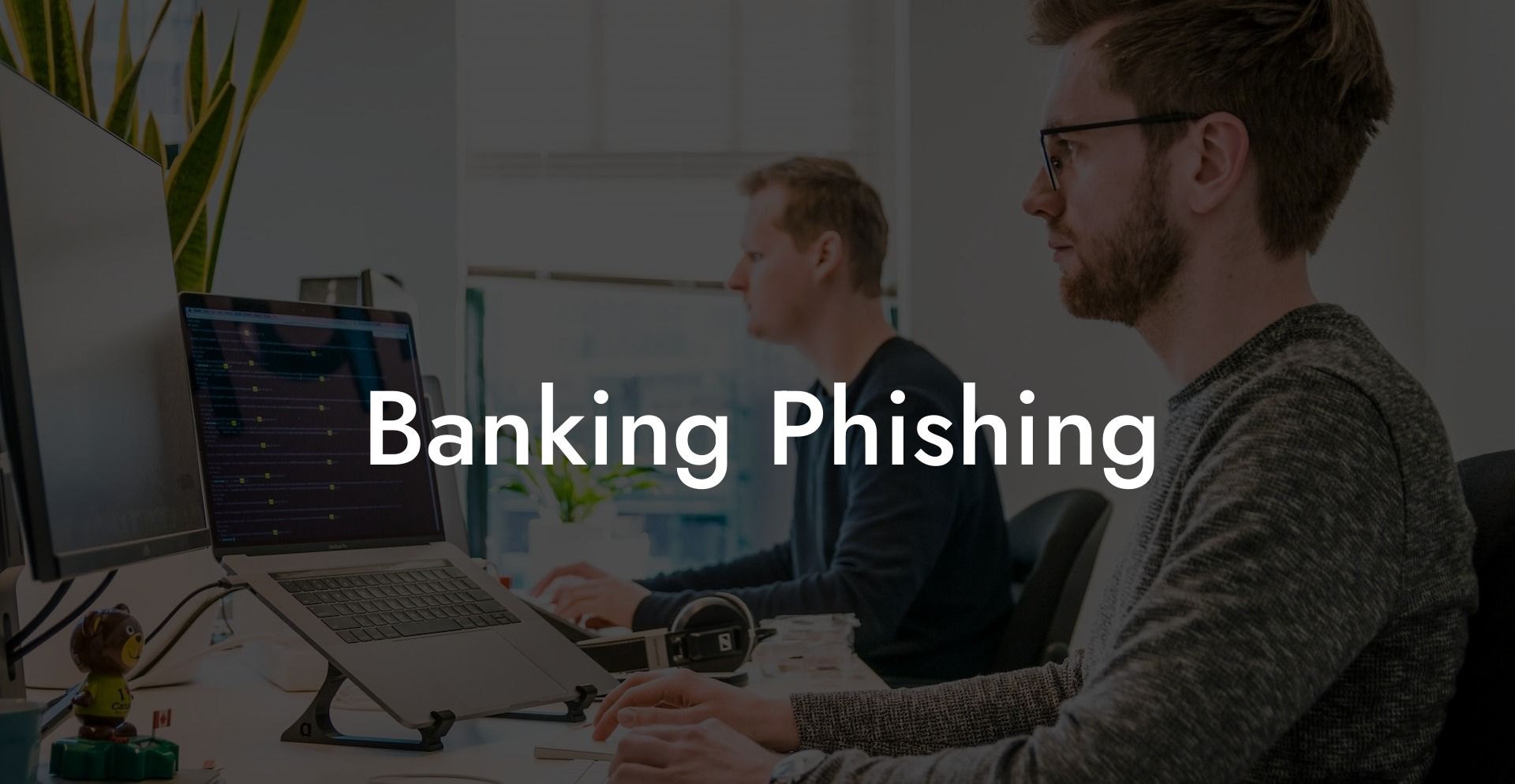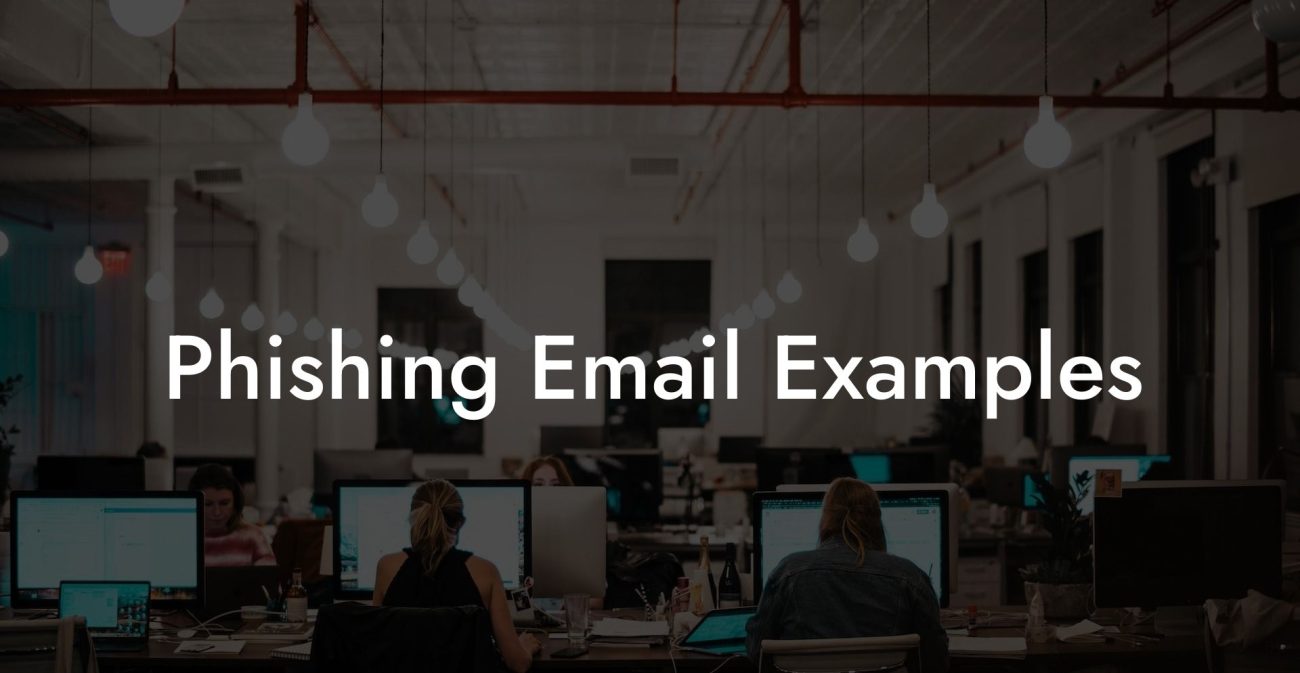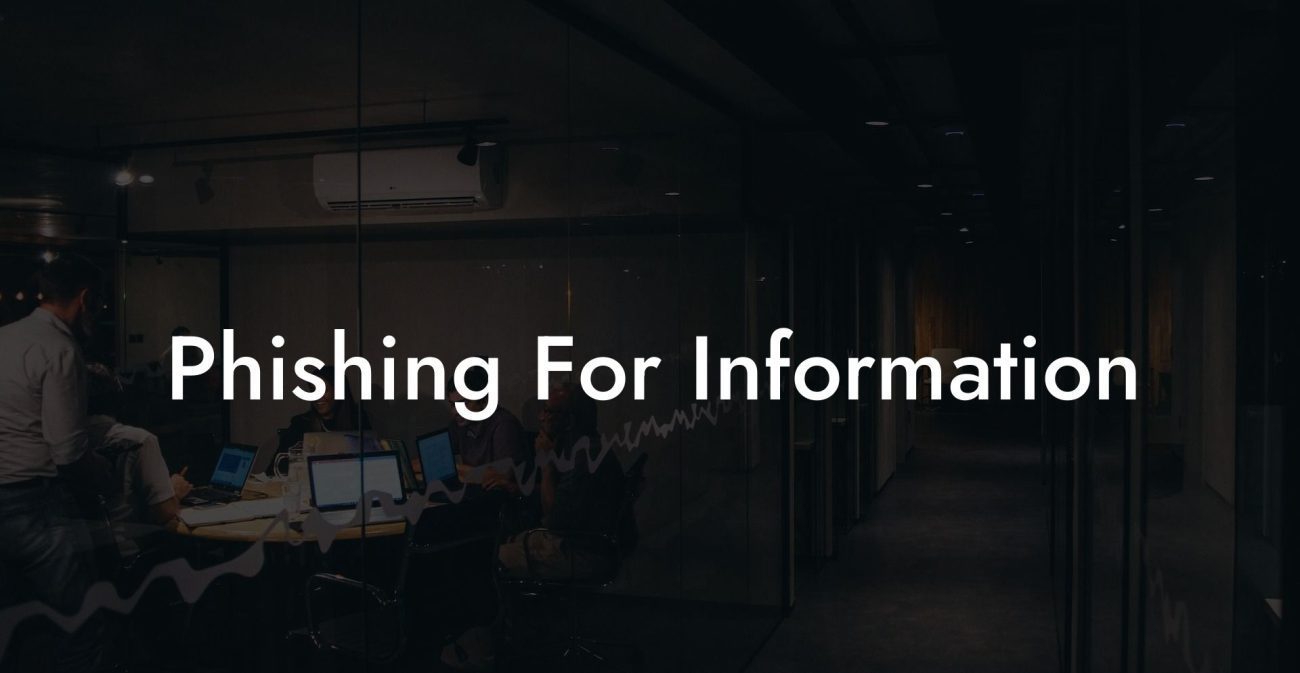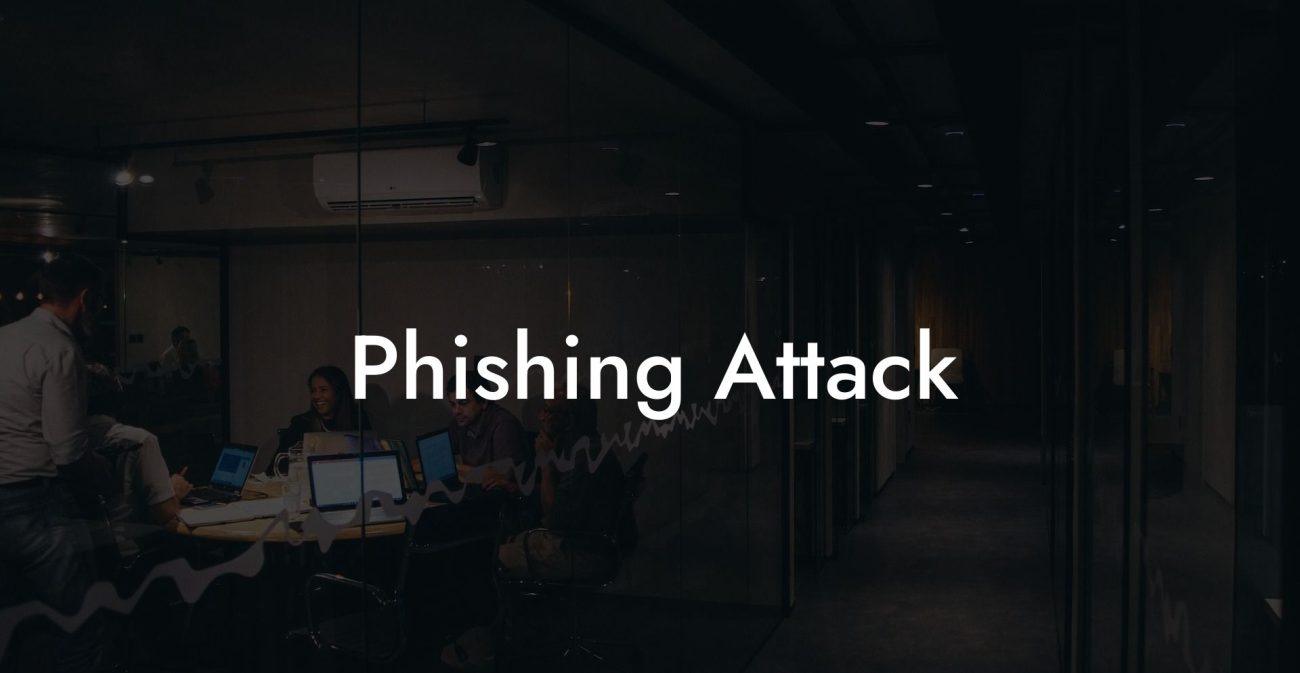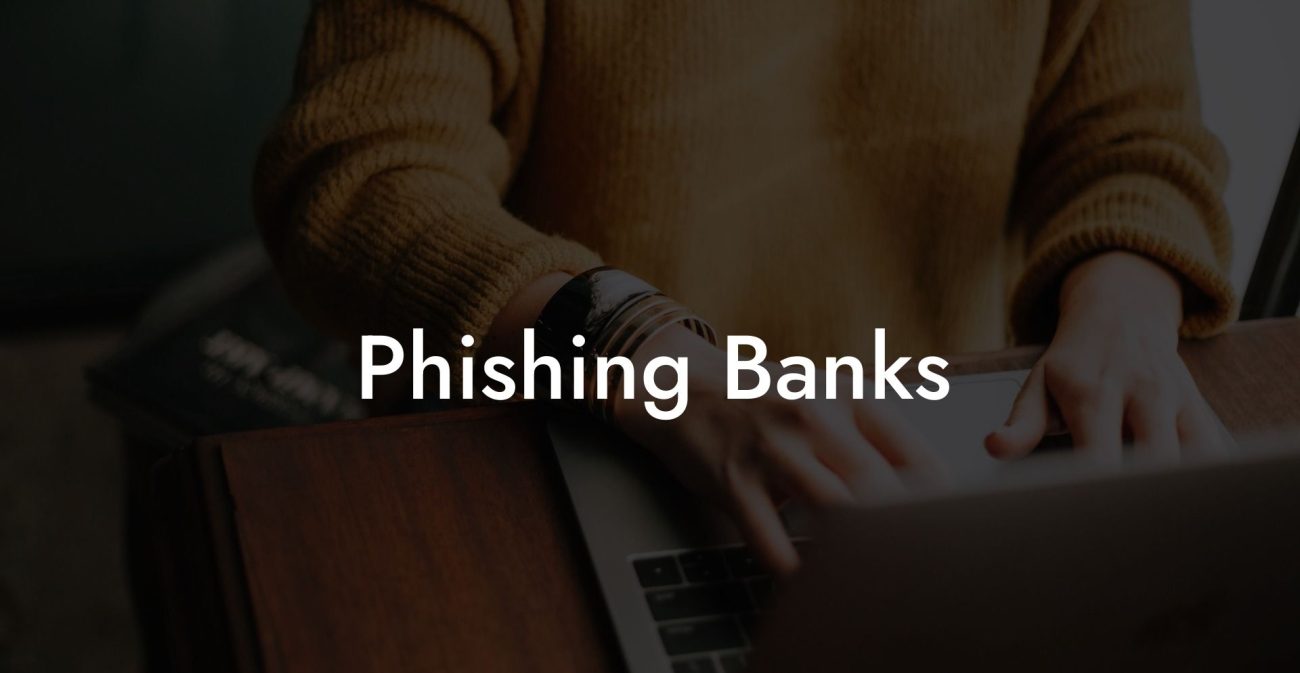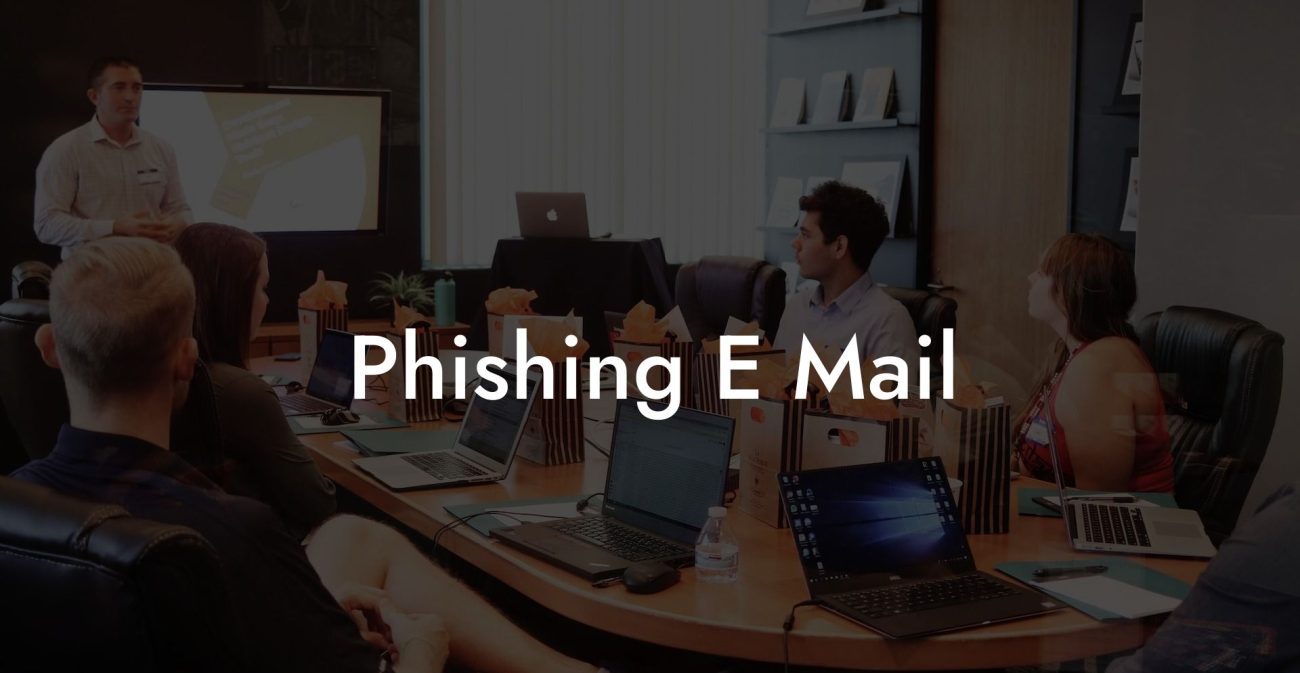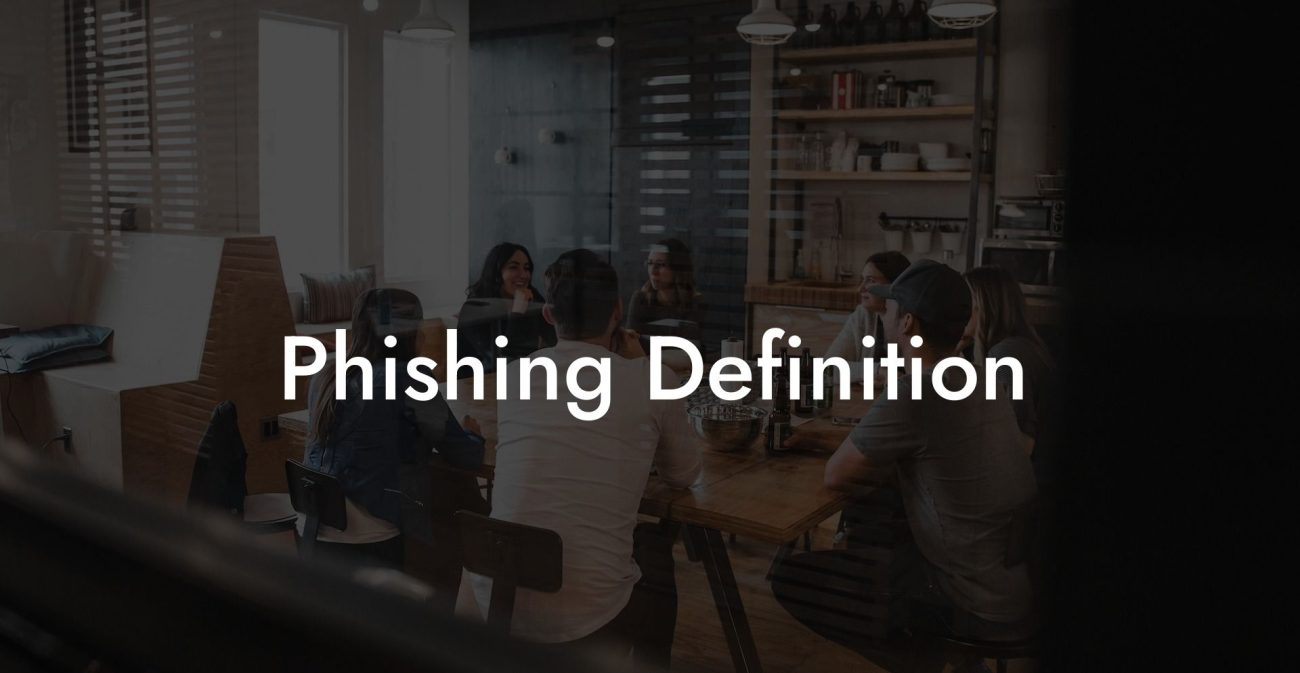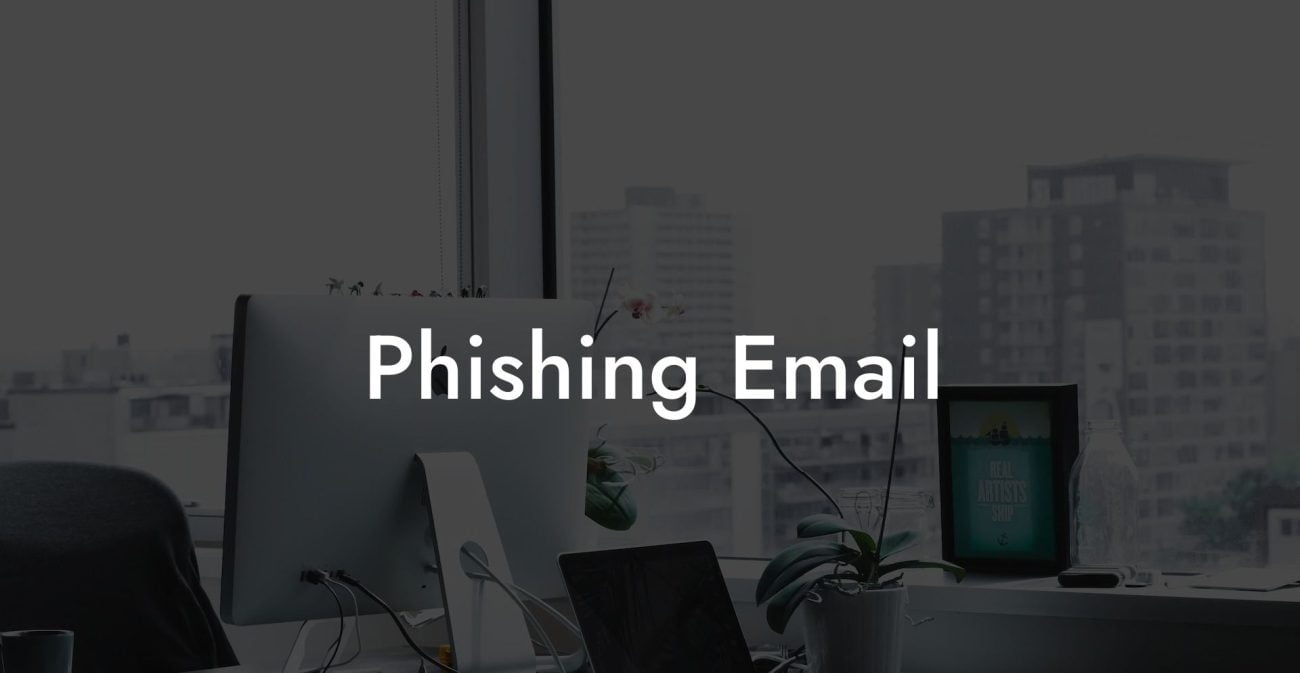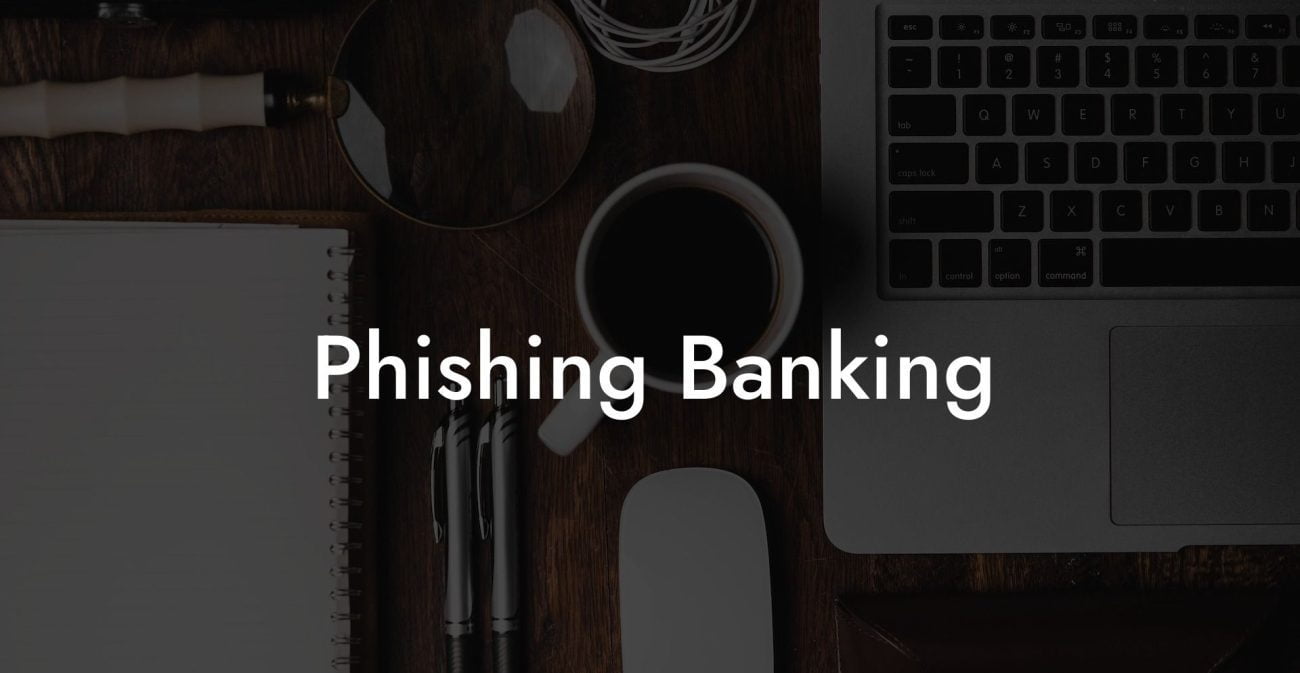Banking-related scams can be a significant cause for concern, especially when they involve voice phishing – a deceptive method where scammers manipulate phone calls to deceive unsuspecting victims into disclosing confidential information. With the rise of digital banking and e-commerce, it's critical to stay informed about the latest types of scams and the ways to prevent them. In this article, we will dive deep into the world of banking phishing, highlighting how the channel is exploited, offering a realistic example, and outlining the steps you can follow to protect yourself from voice phishing attempts.
Banking Phishing Table of Contents
What is voice phishing?
Voice phishing, also known as vishing, is a type of scam that involves cyber-criminals using telephone communication to deceive individuals into providing sensitive personal or financial information over the phone. The scammers may pose as representatives of government agencies, banks, or other organizations to create an air of legitimacy around the inquiry. They might even use advanced tactics such as spoofing the caller ID to display a legitimate organization's phone number.
How does banking phishing work?
Protect Your Data Today With a Secure Password Manager. Our Top Password Managers:
Typically, banking phishing scams involve criminals impersonating banking officials and employees. The scammers may use various tactics to make the call seem legitimate. They might claim there is an issue with the victim's bank account, ask for credentials to verify the account or offer a lucrative investment opportunity.
During the call, the scammer will attempt to extract sensitive information, such as bank account numbers, credit card information, or login credentials used for online banking. With this information, the phishers can gain unauthorized access to the victim's online bank account, steal their identity, or sell the data to other criminals.
Banking Phishing Example
Imagine receiving a phone call from your bank’s customer service number claiming there has been suspicious activity detected on your account. The caller provides your full name and a few account details, creating the impression that they have legitimate access to your banking information. They explain that your account has been temporarily locked as a safety precaution and request additional information for verification purposes—like your full account number or Social Security Number.
Under the pressure of having your account hacked and the relief of speaking with a representative, you might feel inclined to disclose this information without questioning the legitimacy of the call. Unfortunately, you've just divulged sensitive details to a scam artist skilled in voice phishing.
Protecting yourself from banking phishing scams:
Stay vigilant and follow these tips to ensure the utmost protection against voice phishing scams:
1. Be cautious: If you receive unsolicited phone calls requesting sensitive information, remain skeptical and avoid providing personal details immediately.
2. Verify the caller's identity: If you're uncertain about the legitimacy of a call, ask for the caller's name and reason for the inquiry, then hang up. Contact your bank or the relevant organization using a phone number listed on their official website or from your account statement to confirm their identity.
3. Never share your passwords or PIN codes: Banks and other financial institutions will never ask for your password, PIN codes, or any other sensitive information via phone call.
4. Keep your phishing knowledge up to date: Educate yourself on the latest phishing tactics and remain informed about the various scams making rounds.
5. Implement security measures: Make sure your devices are equipped with the latest security updates, and use two-factor authentication (2FA) whenever possible.
Now that you understand the potential dangers of banking phishing and the practical steps you can take to protect your personal and financial information, it's time to share this knowledge with your friends and family. By sharing this article, you're helping to create awareness about voice phishing scams, making it more difficult for scammers to thrive.
Don't stop with this guide—continue exploring other resources available on Voice Phishing, and equip yourself with the knowledge you need to shield against these ever-evolving cyber-threats. Better safe than sorry!
Protect Your Data Today With a Secure Password Manager. Our Top Password Managers:

